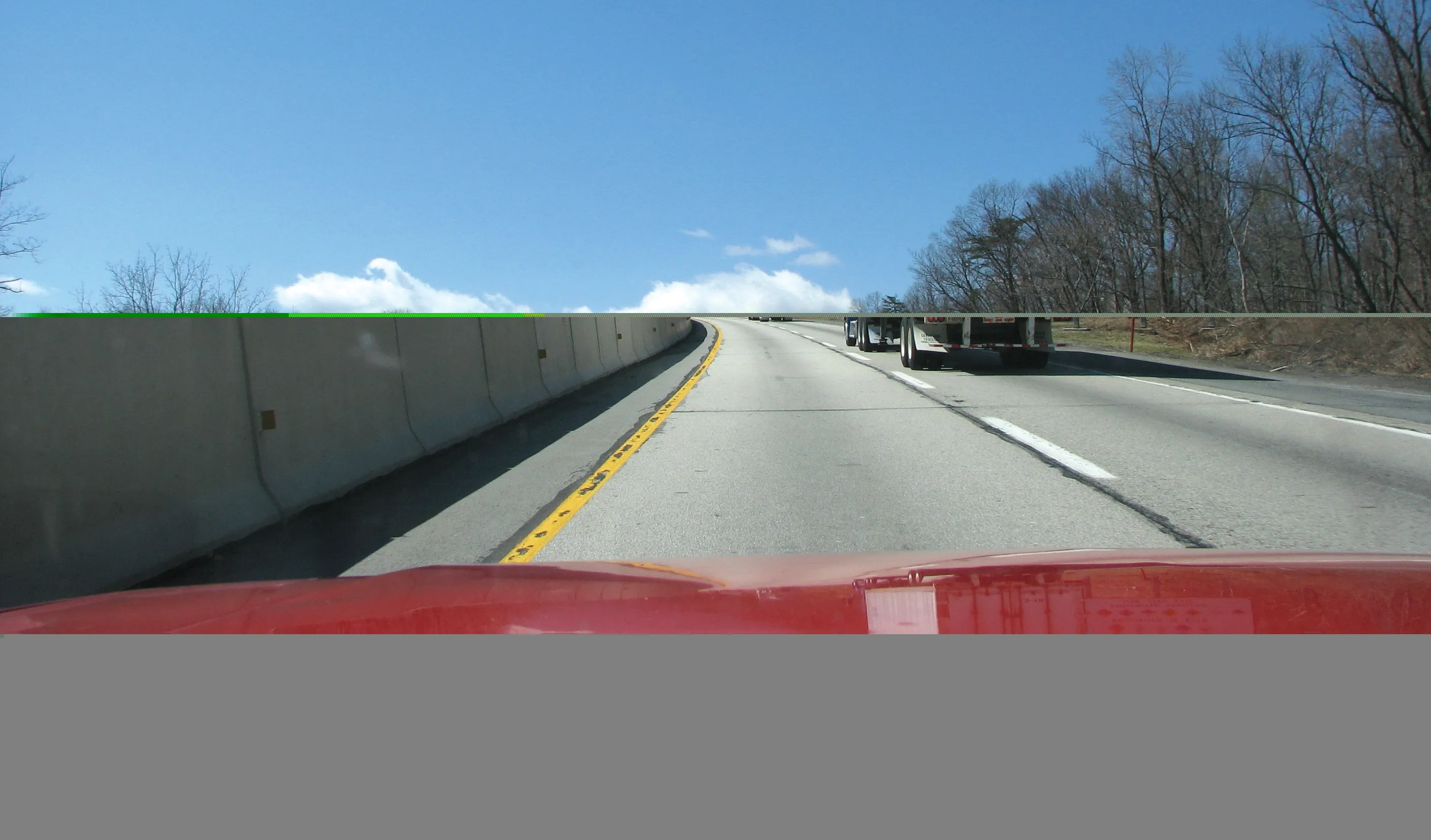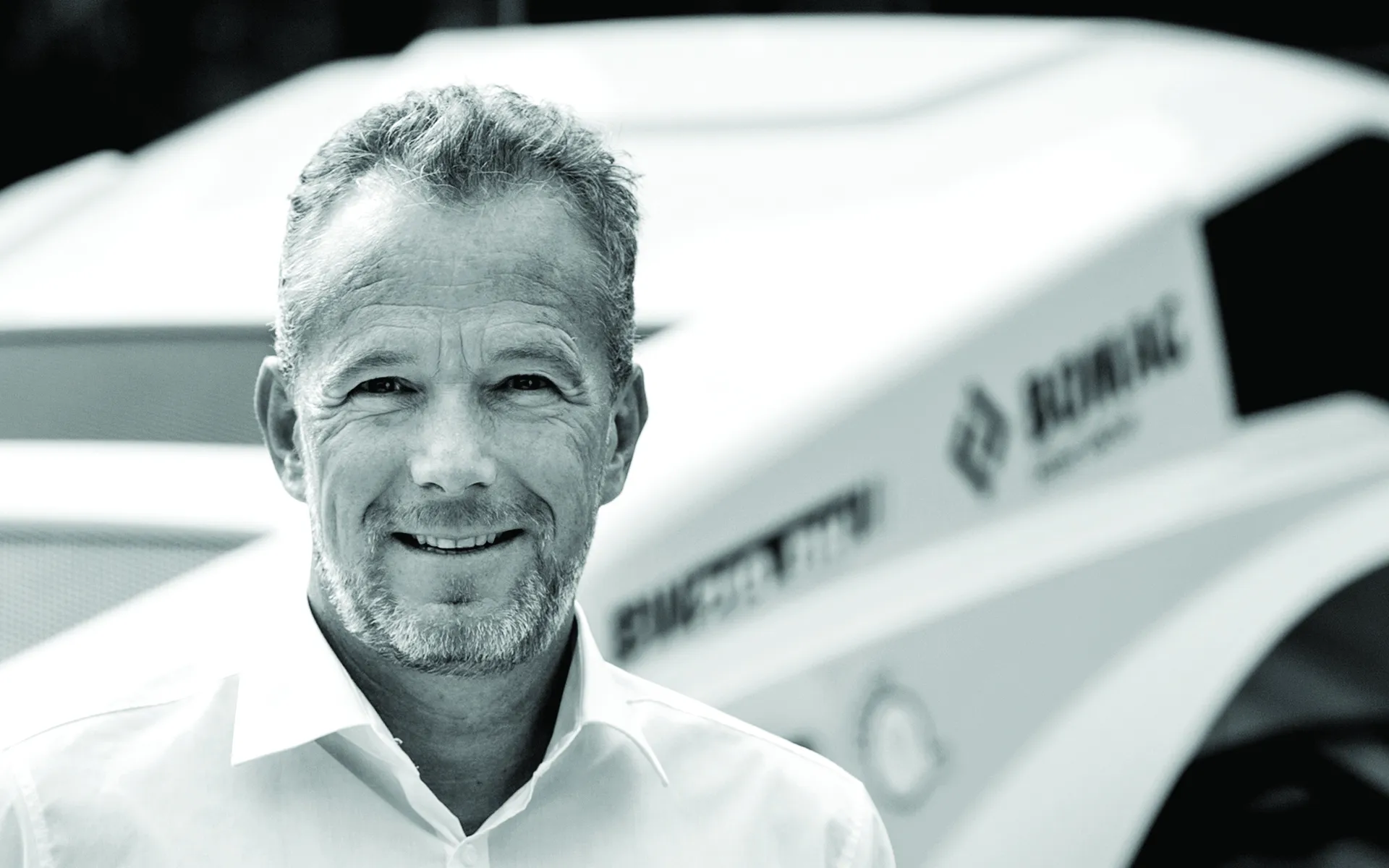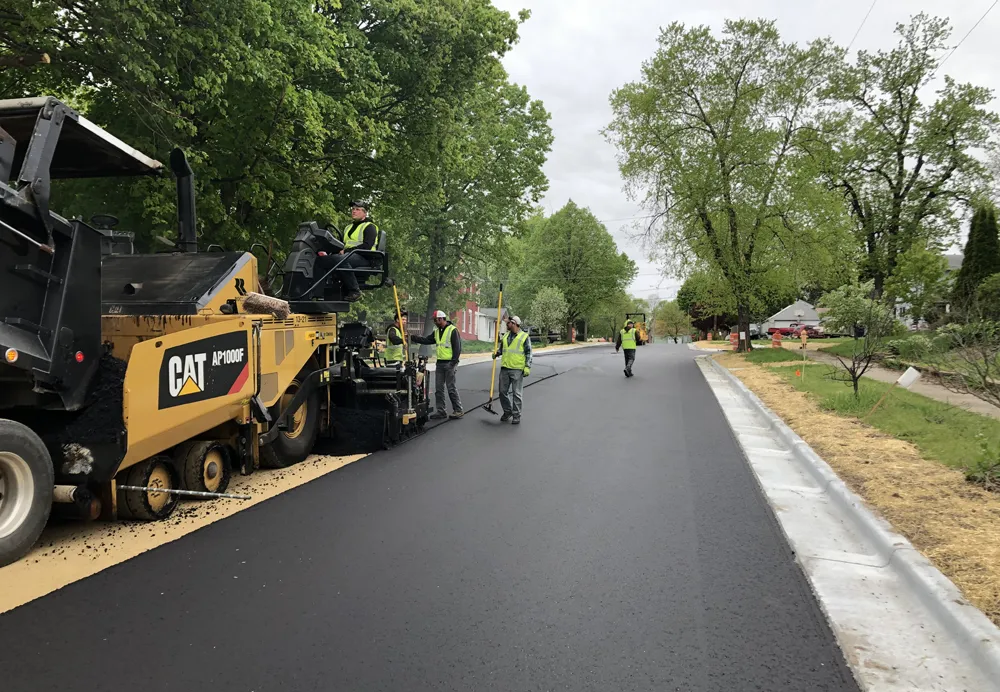More than 9% of major highway bridges in the US are “rated structurally deficient” and in need of “urgent attention”, according to Bud Wright, chief executive of AASHTO, the American Association of State Highway and Transportation Officials. Action is needed now.
In a recent infrastructure report, AASHTO reported that the US has just over 614,000 road bridges, 25% of which are 50 or more years older. Also, around 56,000 - 9.1% - of them are now structurally deficient.
This is a shocking and growing problem, Wright told PPRS 2018, the Pavement Preservation and Recycling Summit 2018 in Nice, France. On average, there are 188 million trips across a structurally deficient bridge each day in the US.
According to AASHTO, “the average age of America’s bridges keeps going up. Many are approaching the end of their design life.”
The association says that its “most recent estimate puts the nation’s backlog of bridge rehabilitation needs at $123 billion”. And, if this was not bad enough, Wright also told this week’s congress that “more than 70% of the roads in the US are in a poor and dangerous condition and we have a growing maintenance backlog”.
Wright believes that new technologies are going to be the key to a brighter future. The highways sector needs to experiment with things like chip seals, new micro-surfacing techniques, new diamond-grinding approaches to concrete road surfaces and so on.
Just as importantly, the work needs to be done now; the clock is ticking. “We really must do this sort of maintenance work while the road surface is still sound… while the pavement is still in good order,” said Wright.
He also told the event’s 900-plus delegates that the industry needs to work much harder at communicating with the general public. People take the transport system for granted “but there is no consensus on how to pay” for what needs to be done on the roads. We need to “make our systems as transparent as possible”.
PPRS: action needed now on US bridges
More than 9% of major highway bridges in the US are “rated structurally deficient” and in need of “urgent attention”, according to Bud Wright, chief executive of AASHTO, the American Association of State Highway and Transportation Officials. Action is needed now. In a recent infrastructure report, AASHTO reported that the US has just over 614,000 road bridges, 25% of which are 50 or more years older. Also, around 56,000 - 9.1% - of them are now structurally deficient. This is a shocking and growing
March 27, 2018
Read time: 2 mins









